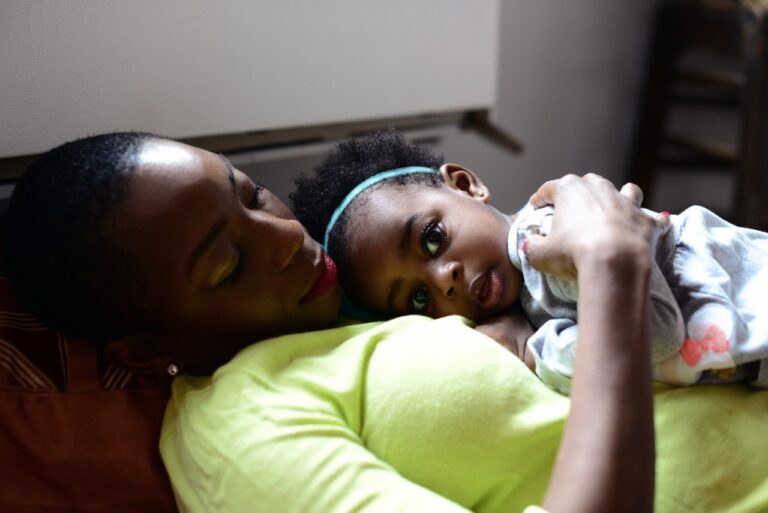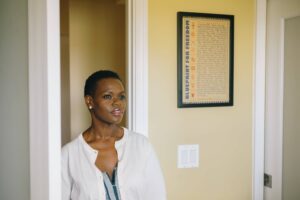Since arriving in the Americas, black people have loved each others’ children as our own. It’s a loving tradition built off the heinous institution of slavery, a practice that destabilized families and forced us to declare kinship to whomever was in proximity. After slavery was abolished, slow economies also splintered unions, as fathers and mothers left their families for jobs in distant cities. Sometimes they sent for their children and other times they didn’t. Those who were left behind found refuge with neighbors, church members, and other relatives who stepped up to love and raise them, and because we were acting on instinct, we skipped the legalization of our alternative households. Though we didn’t advertise these internal arrangements, everyone in the neighborhood knew who was a “real” sister and who wasn’t.
But one unintended consequence of not publicizing these informal adoptions is the myth that black people do not adopt. We do adopt, but popular culture ignores us, instead highlighting white starlets who adopt internationally or transracially. The absence of any Lifetime movie-of-the-week about black-on-black adoptions further suggests that adoption comes in one experience—it doesn’t. Talking about adoption within the black community can do a lot to dispel this myth.
Talking about adoption within the black community can do a lot to dispel this myth.
Adoption can be complex and messy, but incredibly rewarding. Like any prospective foster or adoptive parent, black people must do their homework on which route to take: private or public, domestic or international. Private adoption is very expensive and may or may not result in a faster placement of a child. Public adoptions carry nominal fees for fingerprinting and CPR certifications. And for people of color, expect to confront the hidden costs of judgment from family and friends who fear “crack” babies and irresponsible birth parents. Unfortunately, the criticism from others is hard to ignore and makes a stressful process harder than it has to be.
In spite of these financial and emotional costs, we must roll up our sleeves, because these children need us. There are 510,000 children in foster care in America: 32% are between the ages of 0 and 5, 28% are between the ages of 6 and 12, and 40% are between the ages of 13 and 21. We should continue to adopt as a nod to our legacy of providing temporary and permanent shelter in a storm. Having adopted two children, I believe that all children deserve to be loved and cared for. We should use our maternal wits, love, and resources to wade into the legal process as advocates for children in need. Adoption is not for everyone, but if it has ever crossed your mind, it’s worth looking into.
Giving a child a fresh start is an amazing opportunity to pay it forward or simply pay it back.
You can purchase Nefertiti’s memoir Motherhood So White: A Memoir of Race, Gender, and Parenting in America on Amazon or Bookshop.org.
This article includes affiliate links. mater mea may receive a commission from items purchased through these links.

















